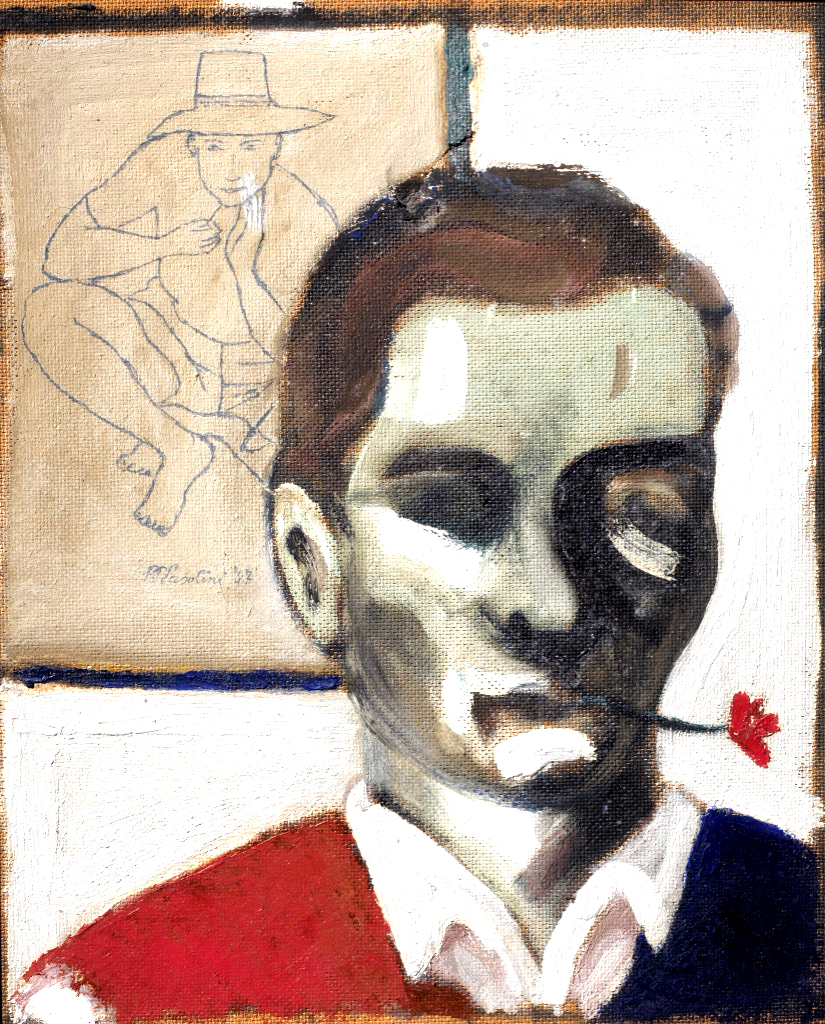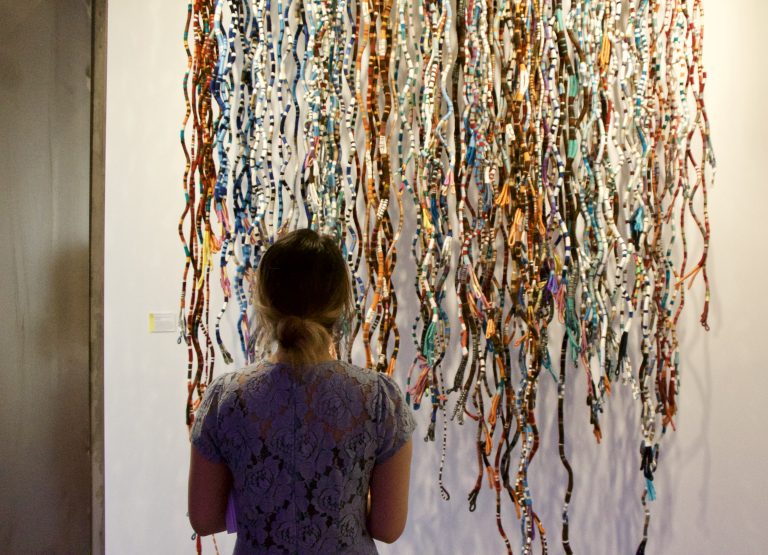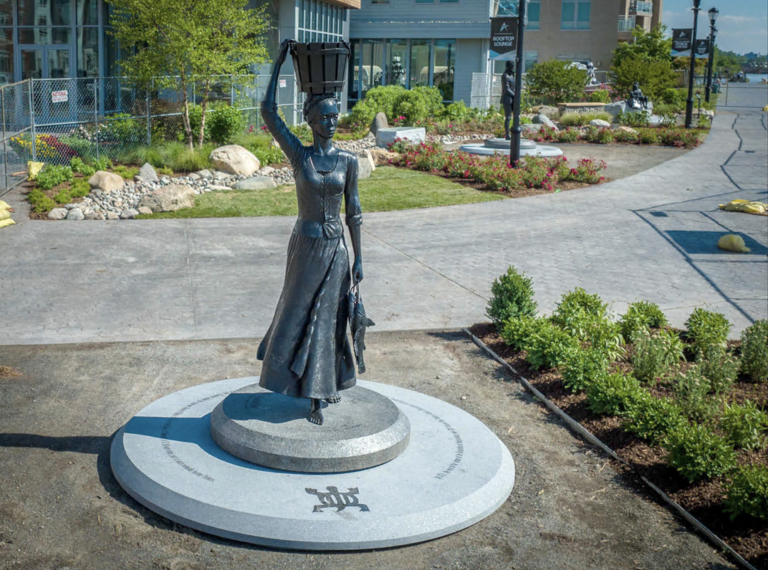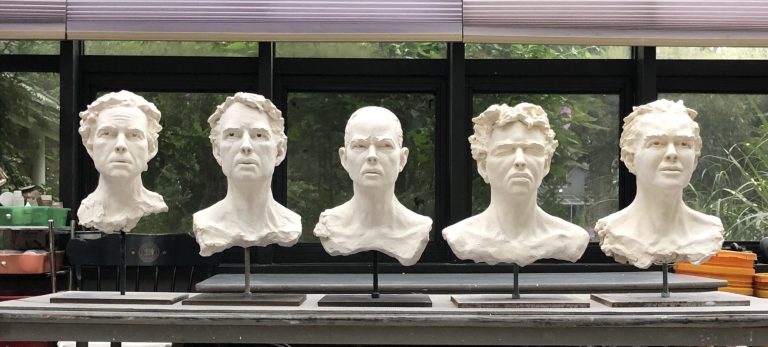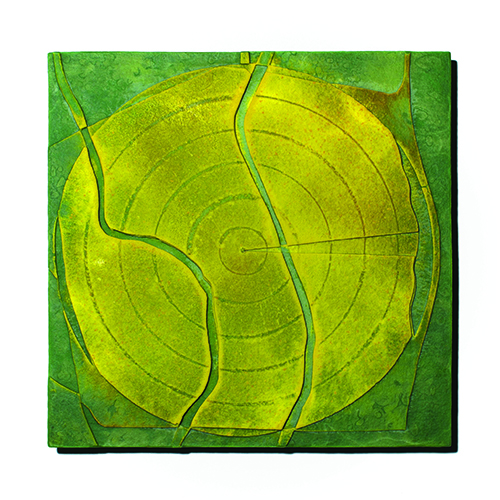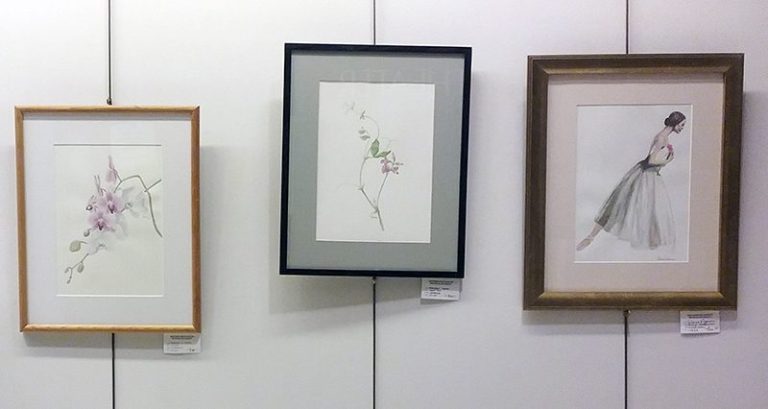Pasolini’s Message Continues to Resonate
The work of Pier Paolo Pasolini was both radical and forward-thinking in its time – and arguably, it is as relevant today as it was fifty years ago. Over the years, during which the Neuberger Museum of Art conceived its Pier Paolo Pasolini: Subversive Prophet exhibition, it became increasingly “timely,” according to Museum Director Tracy Fitzpatrick. The show, on view through May 31, originally intended to fill in the curatorial blanks of past exhibitions of Pasolini’s interdisciplinary works, has taken on new meaning in today’s complex political world.
Though Pasolini is one of Italy’s most famous and controversial filmmakers, his work still needs an introduction for many Americans, especially considering his influence on contemporary artists of the Americas. His films explore issues of class and taboo behaviors while striking a delicate balance between elegant cinematography and jarring exposition.
As an outspoken Communist and openly man in mid-century Italy, Pasolini faced a great deal of adversity. However, by leaning into satire and symbolism, Pasolini delivered contentious indictments of systemic issues like misogyny, class inequality, and homophobia that are still pressing issues today.
The show’s curator Patrice Giasson explains that “one of the challenges of this exhibition was reckoning with how to make such a controversial, subversive and complex figure, accessible to people.” The show navigates this task by providing a totality of creative context, making it easier for the audience to be able to simply walk into the world of Pasolini. The multimedia exhibition is unique in its inclusion of multiple aspects of the artist’s work – projected screenings of Pasolini’s films, creative presentations of prose, visual artwork and film costumes made by renowned Italian designer Pietro Farani. Between the poems carefully culled from Pasolini’s archive of thousands to the opulent costumes that have never been shown in the United States, the exhibition provides an exclusive opportunity to experience Pasolini through the lens of his many passions.
The exhibit also includes a section dedicated to contemporary artists of the Americas whose works were influenced by, and pay homage to, Pasolini. Two of the featured creators are New York-based Chilean artist, architect and filmmaker Alfredo Jaar, and the late Uruguayan artist Antonio Frasconi, a former Purchase College professor.
Their original works include the short film The Ashes of Pasolini (2009), that provides a cinematic eulogy to Pasolini, as well as a fake sheet of stamps that raise the question of why such a prominent figure has never been nationally honored in Italy. The pieces are also complemented by a collection of photos taken during Pasolini’s 1966 visit to New York.
Pasolini pulled from his own experiences, however the themes are essentially humanist in nature and apply to much more than just the dynamics of his time and place. Says Giasson: “I wanted to give American audiences a full opportunity to experience Pasolini the same way Europe and other parts of the world have.”
Pasolini spoke with the many heads of his craft to push back against the rising tide of post-war consumerism that he believed was corrosive to humanity. In this exhibition, these separate but thematically unified facets of his craft are amplified to echo through the decades and tell the story of a tireless creative on a mission to liberate the minds of his audience.
For more info, visit neuberger.org.A version of this article first appeared in the March issue of ArtsNews, ArtsWestchester’s monthly publication. ArtsNews is distributed throughout Westchester County. A digital copy is also available at artsw.org/artsnews.

